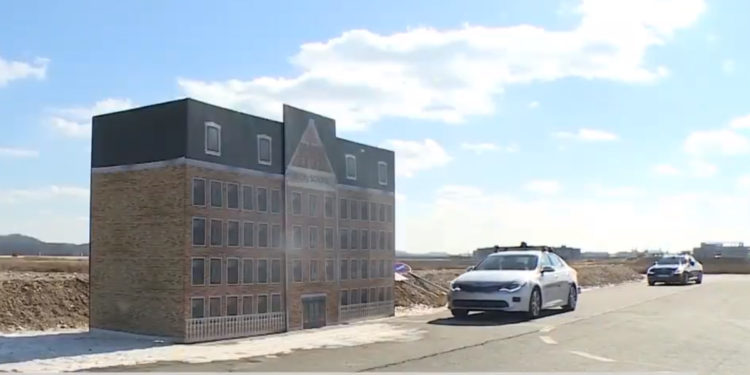South Korea announced that it would invest KRW 1.1 trillion ($997 million) for the development and commercialization of level-4 driving automation technology. The project will focus on developing autonomous vehicle technologies and establishing other related infrastructures.
“We are trying to support the commercialization of 4 stages of self-driving cars in the future. The government is going to invest 1.1 trillion won ($997 million) into developing core technologies,” said Hong Nam-ki, Korea’s Deputy Prime Minister. “This year, competition for the development of 4 stages of autonomous driving is expected to begin in earnest with the launch of 3rd stage self-driving technology.”
In a level-4 driving mode, vehicles manage most of the driving operations and drivers only intervene under special occasions. For the advancement of level-4 autonomous driving, the project will include other fundamental technologies including sensors and data communication.
The government also targets to domestically manufacture the key components for level-3 autonomous vehicles to be released this year. They are aiming to build testing grounds for the level-4 and level-5 autonomous vehicles by the end of 2021. Additionally, they will also release studies on safety standards for level-4 driving mode this year.
Multiple government agencies including the Ministry of Trade, Industry, and Energy, and the Ministry of Science and ICT will form a partnership to fund the project. The Ministry of Land, Infrastructure, and Transport, and the Korean National Police Agency will be joining the program as well.
Furthermore, the government is planning to upgrade the C-ITS. They will extend the Cooperative-Intelligent Transport Systems for up to 30,000 kilometers by 2025. The C-ITS provides communication between vehicles and road infrastructures and transmits traffic-related information in real-time.
Support for other industries
Aside from the level-4 driving automation technology, the South Korean government will also back the non-memory chip and biotech industries. They will partner with universities and technology companies for administering courses on non-memory chip technology.
“We plan to educate a total of 1,560 working-level talents by next year by providing short-term education through the Semiconductor Design Education Center and Design Support Center,” continued Hong.
As for the biotech industry, the government will provide support for the faster development of new products. They will also help pharmaceutical companies enhance their manufacturing complexes with the latest technologies.
Check out other must-read articles from KoreaTechToday:







